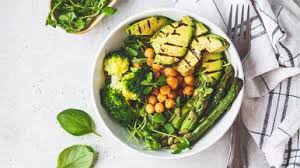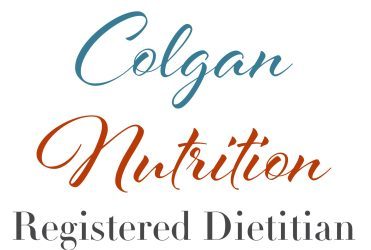A plant-based diet is based on foods that come from plants with few or no ingredients that come from animals. This includes vegetables, wholegrains, legumes, nuts, seeds and fruits.

You may choose a plant-based diet for a variety of reasons. These could include concern about animal welfare, health benefits, environmental concerns or personal preference.
Plant-based diets can support healthy living at every age and life stage. But as with any diet, you should plan your plant-based eating to meet your nutritional needs.
Those who follow plant-based diets are categorised as:
- Lacto-ovo vegetarians: eat dairy foods and eggs but not meat, poultry or seafood
- Ovo-vegetarians: include eggs but avoid all other animal foods, including dairy
- Lacto-vegetarians: eat dairy foods but exclude eggs, meat, poultry and seafood
- Vegans: don’t eat any animal products including honey, dairy and eggs
- Pescatarians: eat fish and/or shellfish
- Semi-vegetarians (or flexitarians): may eat some meat, seafood, poultry, eggs and dairy
Diets centred on a wide variety of plant foods offer affordable, tasty and nutritious options. Plant-based diets rich in beans, nuts, seeds, fruit and vegetables, wholegrains (such as oats, barley and quinoa) and minimally processed foods can provide all the nutrients needed for good health.
The exception is vitamin B12. This nutrient is not available from plants. You will need to get this from fortified foods or a supplement.
Plant-based eating is recognised as an intervention to improve health outcomes. They could reduce your risk of type 2 diabetes, hypertension, cardiovascular disease and some cancers and may help you manage your weight.
If you are reducing foods that come from animals, or cutting them out altogether, there are a few nutrients that you need to pay attention to.
If you would like to learn more how to plan your plant-based diet, speak to our registered dietitian to discuss further how we can help.

